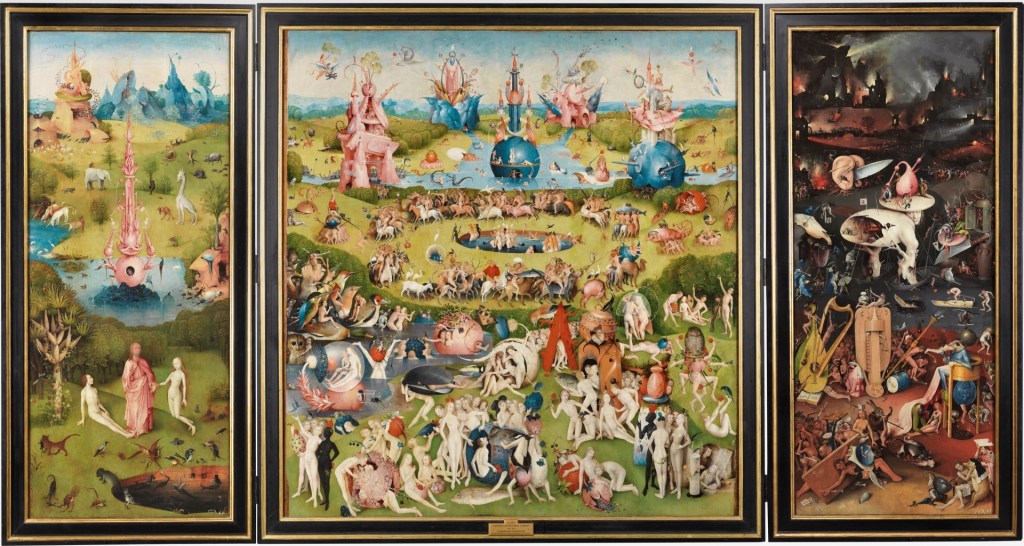Prayer of Doubt
God,
the ritual of thinking about you, fighting
over and with ideas of you is the pattern
of blood and scribblings and passings
all my life; my doubts, denials, dejections,
disappointments, distractions, delusions
with you are the weaving myth of my story.
You are my contradiction and my confusion;
you are the question that keeps asking.
I think of you and my mind is a circus, a carnival,
a charnel house of memories, a feeling in the gut;
I have doubted you, I have been doubt.
There was a self-surprising, really absurd,
dawning in the harrowing heart of any despair
while you harpooned me and I screamed.
Is doubt my cross? A thorn in my fleshly soul?
Doubt is the prayer, doubt the necessary nativity
for seeing the simplest thing; doubt is itself
the dying of doubt, the strange birth of faith
through the dark canal of doubt’s density where
new belief and old doubt are a lover’s quarrel.
God. You are my doubt and consume my doubt;
my doubt is everything, nothing and neither
for You absorb my doubt and absorb me
in my every act of pure or murky abandonment
to You, for You are my absolution and sole hope.
Amen.
Alan Altany, Ph.D., is a septuagenarian college professor of religious studies. He’s been a factory worker, swineherd on a farm, hotel clerk, lawn maintenance worker, small magazine poetry editor, director of religious education for churches, truck driver, novelist, etc. He published a book of poetry in 2022 entitled A Beautiful Absurdity: Christian Poetry of the Sacred. His website is at https://www.alanaltany.com/.

